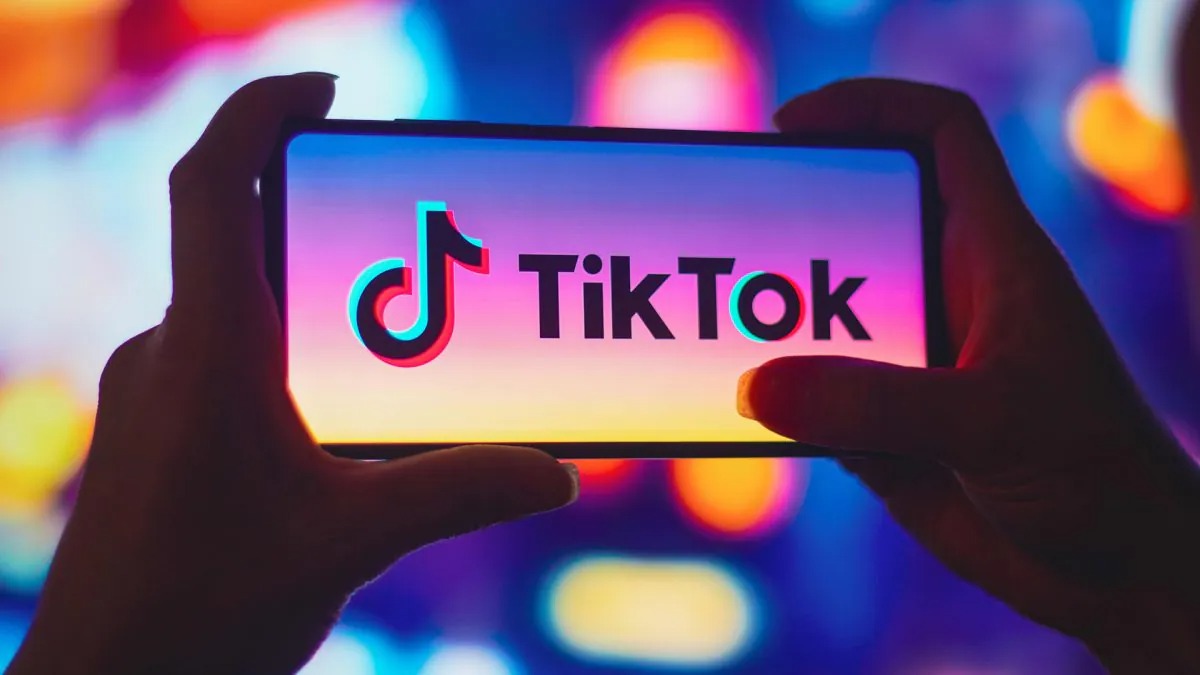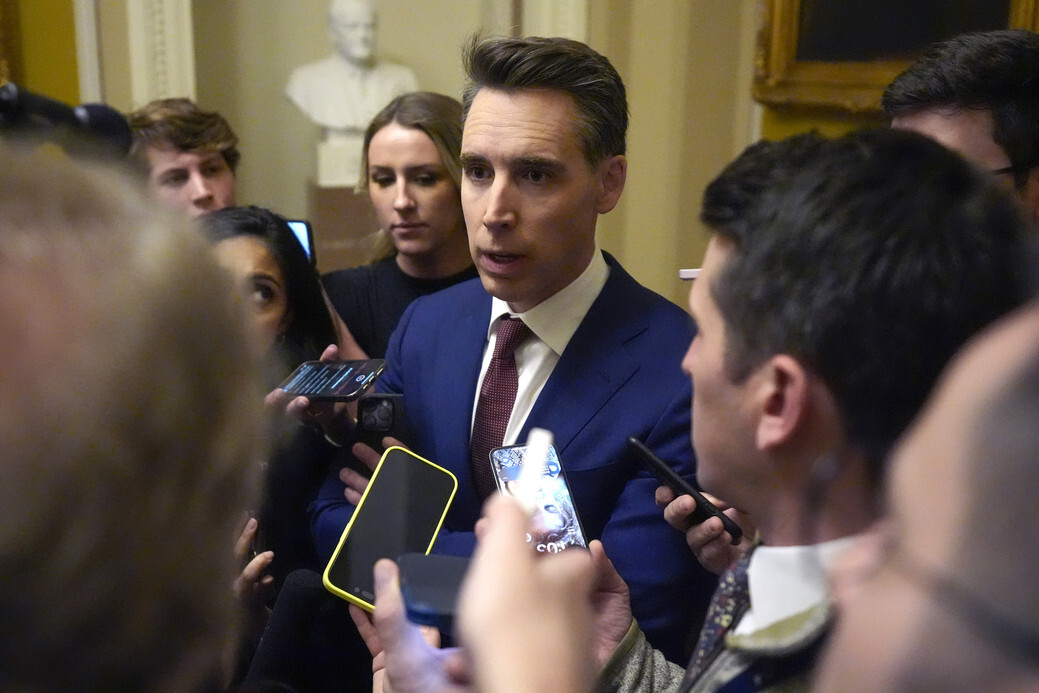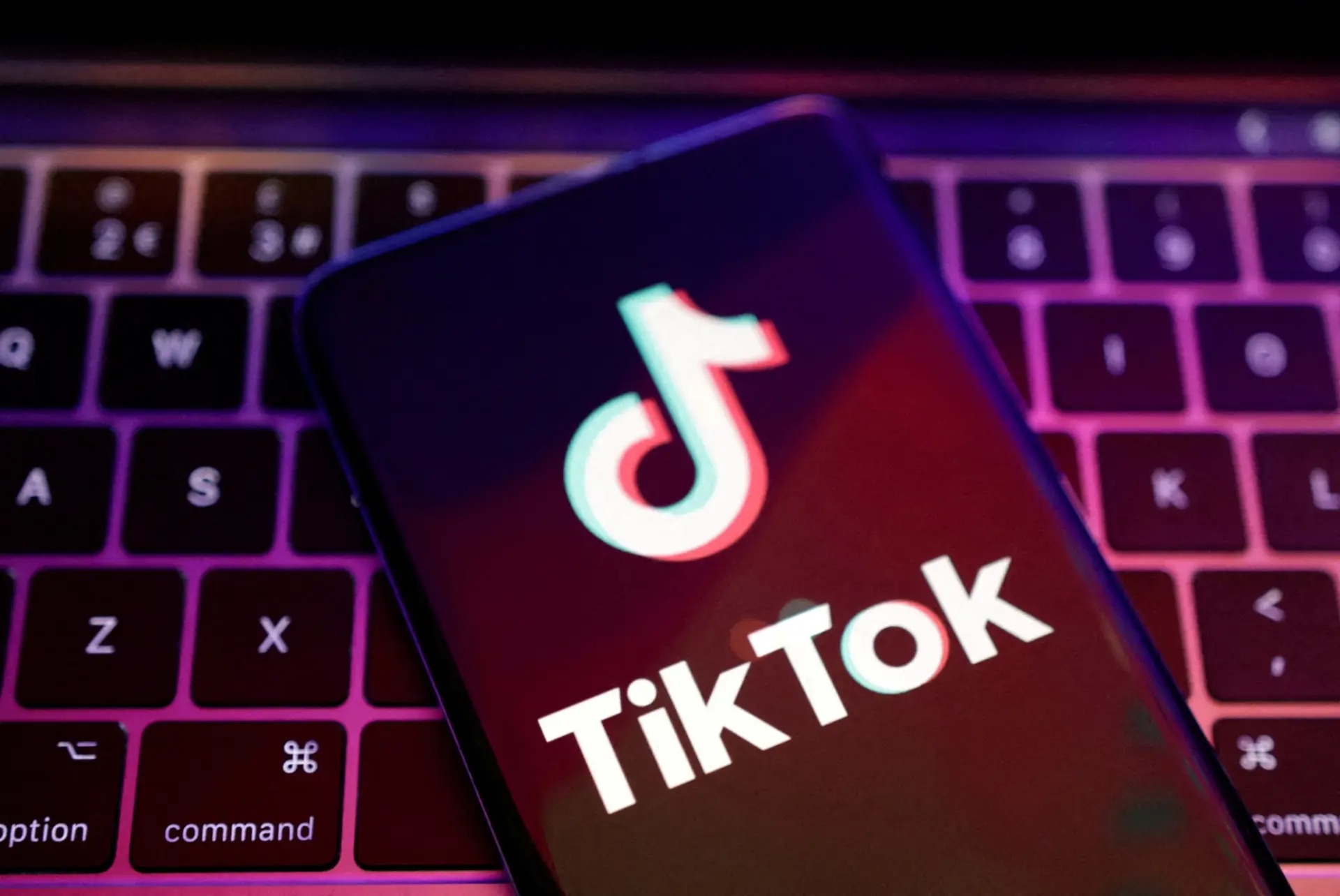On February 6, Donald Trump made a notable post on Truth Social, suggesting that conservatives could once again drink Bud Light, implying that the company had rectified its misstep with the Dylan Mulvaney marketing deal.
The shift in Trump’s stance was linked to an upcoming fundraiser for him hosted by a top Republican lobbyist for Bud Light, where tickets were being sold for $10,000 each.
This incident highlighted Trump’s ability to exercise restraint and strategic discipline when it serves his interests. However, it also underscored his tendency to prioritize self-interest over substantive public policy goals.

TikTok App (Credits: Firstpost)
Despite occasional displays of moderation, such as in the Bud Light incident, Trump’s approach to politics is often characterized by self-interest rather than ideology or principle.
Another example of Trump’s transactional approach to politics is his stance on TikTok. Towards the end of his presidency, Trump issued executive orders targeting TikTok, aiming to force its sale to an American company.
Joe Biden withdrew these orders but continued a Commerce Department investigation into TikTok’s operations. A deal was eventually reached for TikTok to store user data on servers in Texas, addressing some concerns about its relationship with the Chinese government.
Recently, the House Energy and Commerce Committee advanced a bipartisan bill aimed at addressing TikTok’s ties to the Chinese Communist Party (CCP). The bill, which has garnered broad support, seeks to ensure that TikTok is not under CCP control.

The Argument About TikTok (Credits: USA Today)
Despite previously criticizing TikTok, Trump has now expressed support for the platform. This change in stance can be attributed to financial considerations, particularly Trump’s ties to billionaire Jeff Yass, a major investor in TikTok.
Yass, who stands to lose money if TikTok is shut down, has been actively advocating for the platform and reportedly had a significant influence on Trump’s shift in position.
Trump’s willingness to change his stance on TikTok highlights the transactional nature of his politics, where financial incentives and personal interests can sway his positions.
This approach underscores the challenges of expecting consistency or principled decision-making from Trump, even on issues where he was initially perceived to be correct, such as TikTok’s relationship with the Chinese government.























